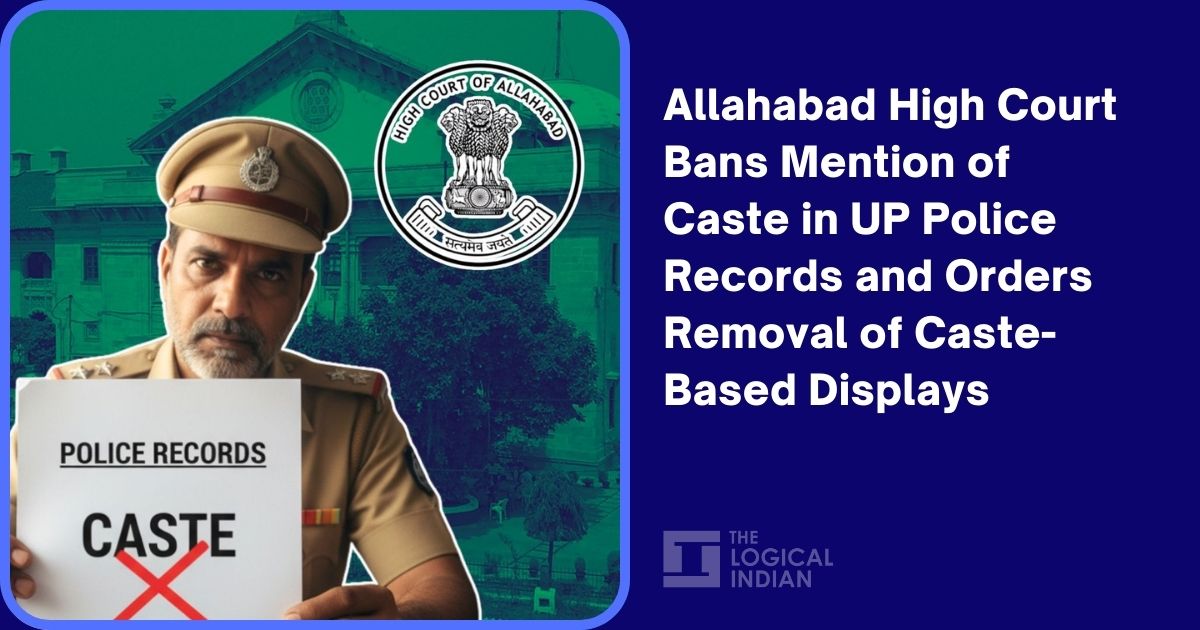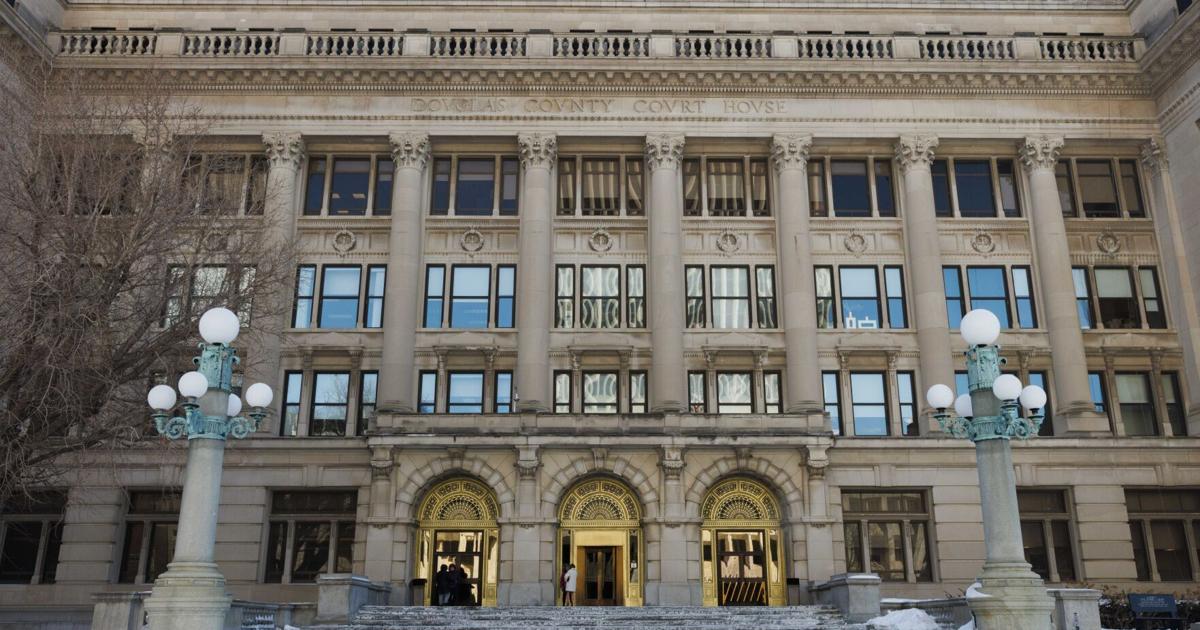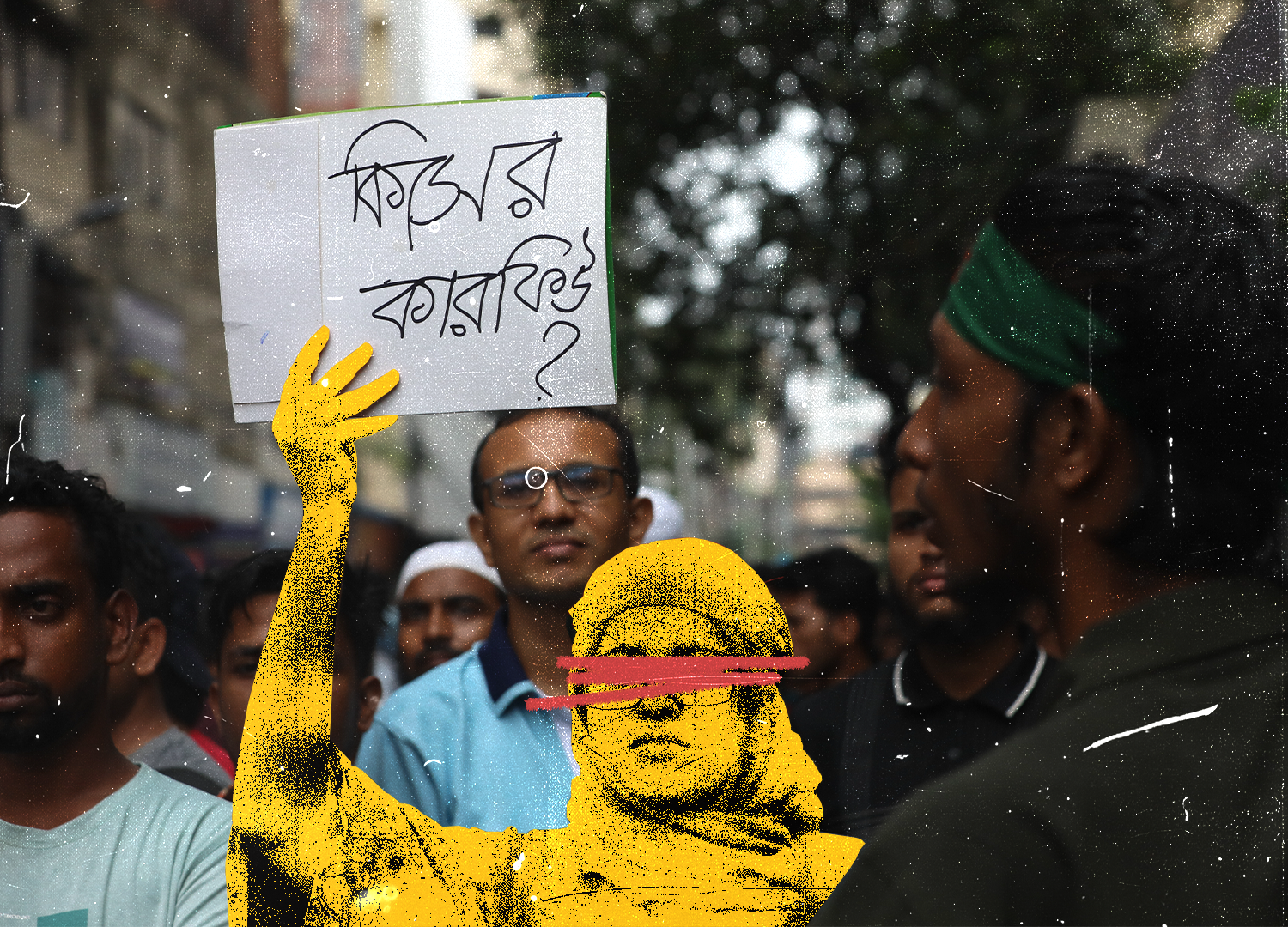Allahabad High Court Bans Mention of Caste in UP Police Records and Orders Removal of Caste-Based Displays
By News Desk
Copyright thelogicalindian

In a landmark judgment, the Allahabad High Court decisively prohibited the mention of caste in police investigations, records, and public displays throughout Uttar Pradesh. Justice Vinod Diwakar expressed strong disapproval of caste glorification and caste-based profiling, which the court described as “anti-national” and corrosive to constitutional values.
The court ordered the state government and Director General of Police (DGP) to amend police manuals removing caste columns from FIRs, recovery memos, arrest forms, police notice boards, and other related records. The ruling also mandates the removal of caste-based signage on vehicles and public places, and urges stricter monitoring of caste-glorifying content on social media platforms like Instagram and YouTube.
This historic directive marks a firm step towards dismantling deeply entrenched caste-based prejudices within law enforcement and public life in Uttar Pradesh.
Court’s Reasoning: Constitutional Morality Over Caste Identity
Justice Diwakar condemned the routine use of caste as an identifier in police documentation, terming it a form of identity profiling that reinforces stereotypes, prejudices, and judicial biases. The court underscored that India’s constitutional morality demands equality, fraternity, and justice irrespective of caste. Highlighting the availability of modern identification methods such as Aadhaar cards, fingerprints, mobile numbers, and parental details, the judge dismissed the police’s justification that caste is necessary to differentiate accused persons with similar names.
The court lamented the persistence of caste-based identification in the 21st century as “unfortunate” and “outdated.” The ruling invoked the words of Dr. B.R. Ambedkar, warning that caste divisions are an “anti-national” threat to India’s secularism and unity. It repeatedly emphasised pride in constitutional values rather than caste lineage as true patriotism and service to the nation.
Broader Directions and Social Implications
Beyond police records, the court expanded its scope to address caste glorification in public spaces and digital realms. The judgment directs removal of caste identifiers and slogans from vehicles under amended Motor Vehicle Rules, and calls for strict enforcement such as fines to deter such displays. The bench also expressed concern over social media content that romanticises caste aggression and regressive honour codes, recommending enhanced implementation of IT Rules, 2021, to flag and curtail hate-inciting caste-related material online.
The court noted the absence of significant nationwide educational campaigns against caste prejudice and urged the government to launch awareness programmes targeting not just law enforcement personnel but also schools, media, and community forums. These measures aim to nurture constitutional morality and social harmony from grassroots levels upwards.
The Logical Indian’s Perspective
The Allahabad High Court’s robust stance against caste-based identification and glorification is a vital step towards upholding the Constitution’s promise of equality and dignity for all. By challenging systemic practices that perpetuate division, the judgment fosters a vision of justice rooted in individual merit and human dignity rather than inherited identity.
However, such progressive rulings must translate into effective implementation, accompanied by cultural change through education and dialogue. It requires the collective will of government, law enforcement, social platforms, and citizens to build an inclusive society free from caste-based discrimination.



